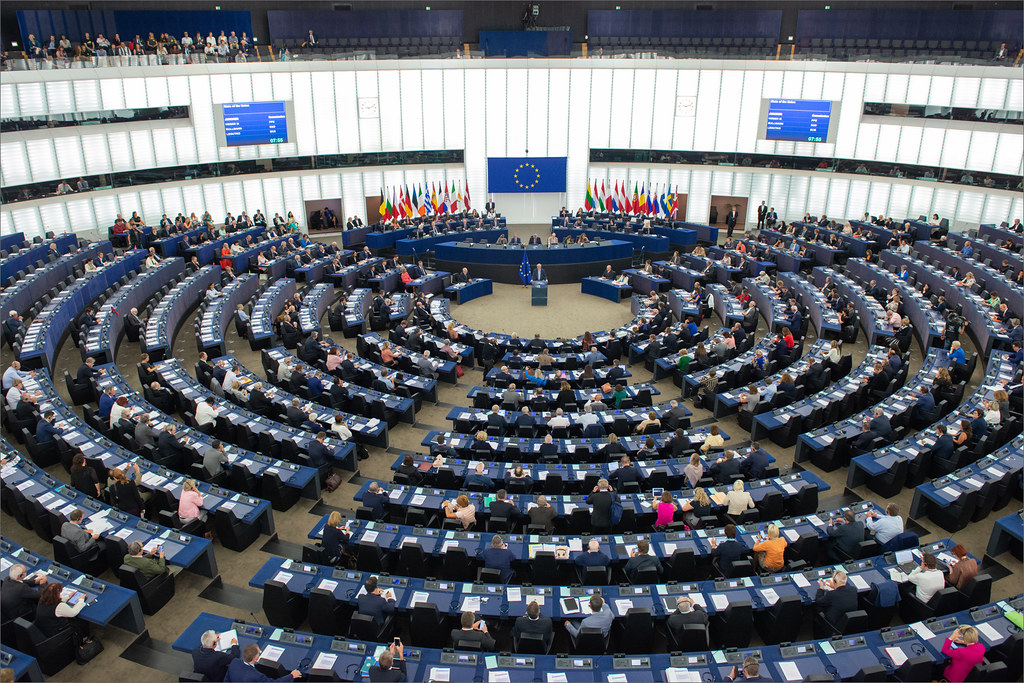Euro 7, who celebrates and who doesn’t for the agreement between Parliament and the EU Council

The European Parliament and the Council have reached an agreement on the Euro 7 regulation, which is much more moderate than the Commission's initial proposal. Italy is celebrating and the car manufacturers are also happy; The component suppliers, however, were disappointed. All the details
On Monday 18 December, the European Parliament and the Council reached an agreement on Euro 7, the new and more stringent community standard on polluting emissions from road vehicles which will replace Euro 6. The document will need to be formally approved to come into force, but the its legislative journey seems to have concluded: the final version of Euro 7 is much more moderate than the original one, proposed by the Commission.
WHAT DOES THE COUNCIL-PARLIAMENT AGREEMENT ON THE EURO 7 PROVIDE
Euro 7 provides, for buses and trucks, more stringent limits on polluting emissions measured in laboratories and in real driving conditions (200 mg/kWh and 260 mg/kWh of nitrogen oxides, or NOx, respectively); However, the Euro 6 test conditions are maintained.
However, the new regulation addresses not only exhaust emissions (excluding carbon dioxide, or CO2), but also those related to the braking system and tires. Particulate matter emissions (PM10) from braking systems must be limited to 7 mg/km for internal combustion engine and hybrid cars, and 11 mg/km for vans.
The agreement also establishes minimum battery life requirements for electric and hybrid cars: for cars, the requirement is 80 percent of performance for up to five years and 72 percent for eight years; for light commercial vehicles, however, it is 67 percent up to eight years.
APPLICATION TIMES
Once the agreement has been formally approved and enters into force, it will begin to apply after thirty months for cars and vans, and after forty-eight months for buses and trucks.
WHY ITALY EXULTS
Business Minister Adolfo Urso celebrated the agreement between Parliament and Council on Euro 7, writing in X that "we are finally on the right path to combine sustainability objectives with the needs of the productive fabric and the social system". He defined the regulation as "a decisive step to safeguard the automotive supply chain, one of the pillars of Made in Italy".
We are finally on the right path to combine #sustainability objectives with the needs of the productive fabric and the social system.
With the agreement between the European Parliament and the Council of the EU for cars and vans, negotiators have agreed… pic.twitter.com/2002XleMuu
— Adolfo Urso (@adolfo_urso) December 18, 2023
Urso had used similar words to celebrate the European Parliament's negotiating position on Euro 7, adopted in November and more moderate than the Commission's proposal.
According to Italy – but also according to other countries linked to the automotive industry such as France -, the costs of adapting to a very stringent Euro 7 would be too high, also considering that the European Union has already banned the sale of new cars to petrol and diesel from 2035. For companies in the sector, therefore, it would be preferable to concentrate investments in the development of electric technologies rather than in the improvement of internal combustion engines, whose time horizon is limited.
THE JUDGMENT OF CAR MANUFACTURERS
The automotive industry is divided in its opinion on the Euro 7 agreement. For ACEA, the Association of European Automobile Manufacturers (headquartered in Brussels, Belgium, and chaired by Luca de Meo of Renault), the regulation is positive, a "milestone" in the definition of new emissions standards because it "guarantees certainty" for investments.
However, as Quattroruote reports, the association also has reservations. “It is important to note that many of the new provisions pose significant technical and investment challenges at a crucial time in the mobility transition to zero emissions. As key elements still need to be decided through secondary legislation, we will continue to work to ensure realistic Euro 7 standards within the limits imposed by primary legislation." And again: “We must not underestimate the enormous progress made by European vehicle manufacturers in reducing polluting emissions resulting from road transport. In fact, between the first Euro standard and the first Euro 6 version, emissions were reduced by over 90%."
However, the opinion of CLEPA, the European Association of Automotive Suppliers, which brings together component manufacturing companies, was negative. The Parliament-Council agreement is “slightly more ambitious than the Council's position, in particular on limit values”, he says, but should have looked more like the Commission's proposal.
“It is positive,” CLEPA concludes, “to see progress on braking particle limits allowing further evaluation of the performance of hybrid and fuel cell vehicles and some improvement on NOx and particle size. However, greater ambition would have been technically and economically feasible.”
Component manufacturers may have hoped that tighter emission limits would encourage automakers to invest in the development and production of new braking systems. The automotive component supply chain will likely be damaged by the transition to electric mobility because battery-powered vehicles contain many fewer parts than traditional ones.
This is a machine translation from Italian language of a post published on Start Magazine at the URL https://www.startmag.it/smartcity/euro-7-accordo-parlamento-europeo-consiglio/ on Tue, 19 Dec 2023 11:35:40 +0000.
